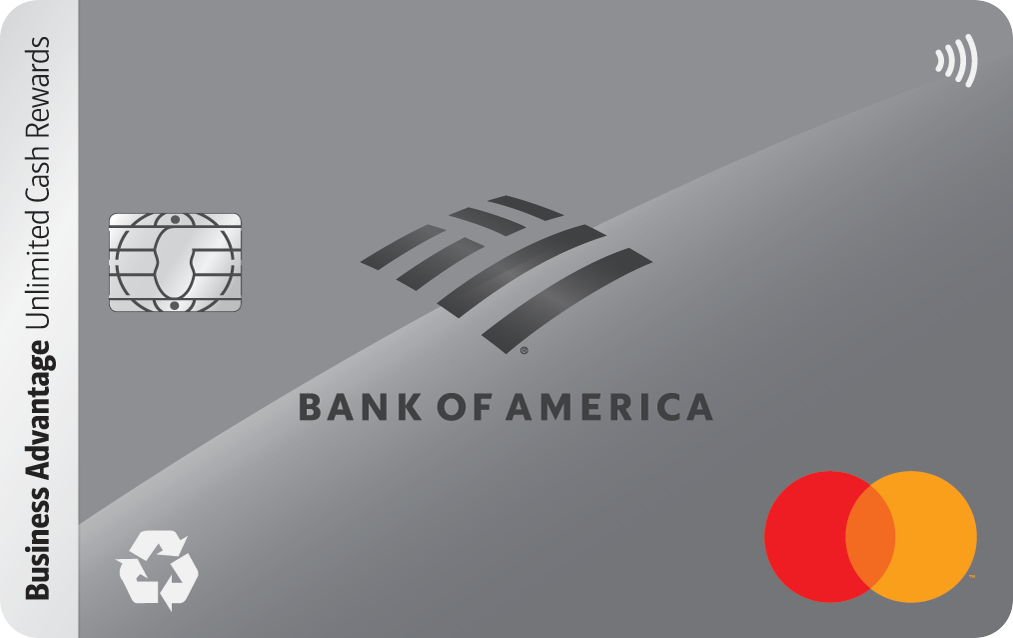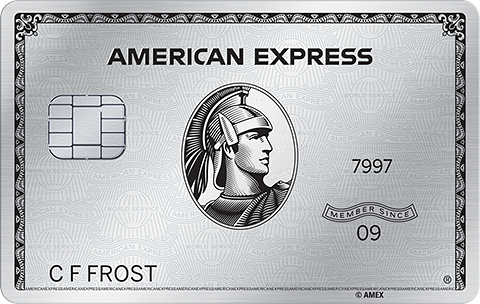Will Digital Wallets Kill Credit Cards?
KEY POINTS
- Digital wallets, also called mobile wallets, are gaining popularity for their convenience and ease of use.
- Despite their growing popularity, digital wallets are still quite a ways from cornering the payment market, in part because merchants are slow to adopt new payments processing technology.
- While mobile wallets probably won't be the default anytime soon, it's not out of the realm of possibility to think we'll do away with plastic credit cards in favor of digital versions sometime in the next few decades.
My wallet doubles as a boat anchor!
Every once in a while, I wind up in line behind someone who, for some inexplicable reason, chooses to pay for their purchase by check. Yes, paper checks.
And it always makes me wonder, Why? Are they time travelers? Do they not know about credit cards? (And should I be the one to share this magical discovery?)
It also makes me think about the future. Will I one day be that inexplicable person with my old-fashioned credit card, causing those behind me in line -- presuming we still stand in lines -- to ponder my commitment to antiquated payment methods?
If the demise of the credit card sounds somewhat far-fetched, it probably shouldn't. We're already seeing large swaths of the population ditch their plastic cards for the digital future -- digital wallets, that is.
It's a card-free phil-os-o-phy
The digital wallet -- often called a mobile wallet since they tend to be used on smartphones or smart watches -- is much like it sounds. It's a program that digitally stores your credit card information so you can make purchases without your physical credit card.
Many big-name tech companies have their own versions of mobile wallets. And they all have terribly creative names like "Google Pay," "Apple Pay," and "Samsung Pay."
But it's not just your credit cards. More and more retailer rewards programs are turning to digital loyalty cards that you can add to your mobile wallet. You can even skip the card entirely and hook straight into your bank account if you so choose.
There are a lot of pros to using a digital wallet. For one thing, it's convenient. You put your phone or watch next to the payment reader, it beeps, and you're done. You can even choose which card to use, so you can select the right card for each purchase to maximize your rewards.
Perhaps best of all, you can do all of this without needing to carry your credit cards around with you. For anyone who lived through the era where you carried 20 different plastic cards around no matter where you went (I still have my Blockbuster card, a little worse for wear), the idea of a card-free wallet is kind of liberating.
The slow creep of progress
If digital wallets are so great, then why aren't we all using them? There are a variety of reasons, not the least of which is that many places simply don't accept them yet.
Similar to the glacial pace at which U.S. retailers accepted the EMV chip, they've been equally slow -- if not more so -- to commit to the upgrades necessary to accept mobile wallet payments. And yes, it does typically require actual physical upgrades of the machinery merchants use to accept payments.
Of course, it's not all on them. Some folks simply won't (or can't, depending on their technological savvy) make the switch. Maybe it's lack of trust -- you are giving your financial information to a third party, after all -- or just lack of interest in change. If it ain't broke, why try to fix it?
Whatever the case, in a world in which cash is still very much in use, I don't think we're all going fully digital anytime soon. That said, it probably isn't too far-fetched to think the physical credit card could one day be a thing of the past -- perhaps as old-fashioned and brow-raising as the paper check is today.
Our Research Expert



